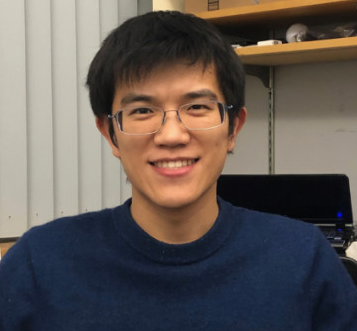
Abstract:
Dense 3D scene reconstruction is in high demand today for view synthesis, navigation, and autonomous driving. A practical reconstruction system inputs multi-view scans of the target using RGB-D cameras, LiDARs, or monocular cameras, computes sensor poses, and outputs scene reconstructions. These algorithms are computationally expensive and memory-intensive due to the presence of 3D data. Thus, it is essential to exploit sparsity adequately to reduce memory footprint, increase efficiency, and improve accuracy.
In this thesis, I will develop practical systems for fast and high-quality scene reconstruction. First, I will introduce a highly efficient hierarchical reconstruction system that serves as a foundational pipeline for integrating diverse pose estimation and scene reconstruction modules. Next, I will focus on the global registration of point clouds by learning deep features and their matches. Equipped with sparse convolutional networks, these studies define the state-of-the-art at the scene scale in both supervised and self-supervised setups. They are applied to reconstruction systems to produce globally consistent poses.
I will then shift to the topic of scene representation and reconstruction, introducing a modern engine, ASH, for parallel spatial hashing in the era of tensor and auto-differentiation. I will elaborate on the details of building this efficient and user-friendly engine from the ground up and discuss a series of downstream applications. These applications include real-time dense RGB-D SLAM, large-scale surface reconstruction from LiDAR scans, and fast scene reconstruction from monocular data. While achieving comparable or better accuracy than state-of-the-art methods, we demonstrate 2-10 times speed improvements with less development effort.
Thesis Committee Members:
Michael Kaess, Chair
Ji Zhang
Shubham Tulsiani
Vladlen Koltun, Apple
